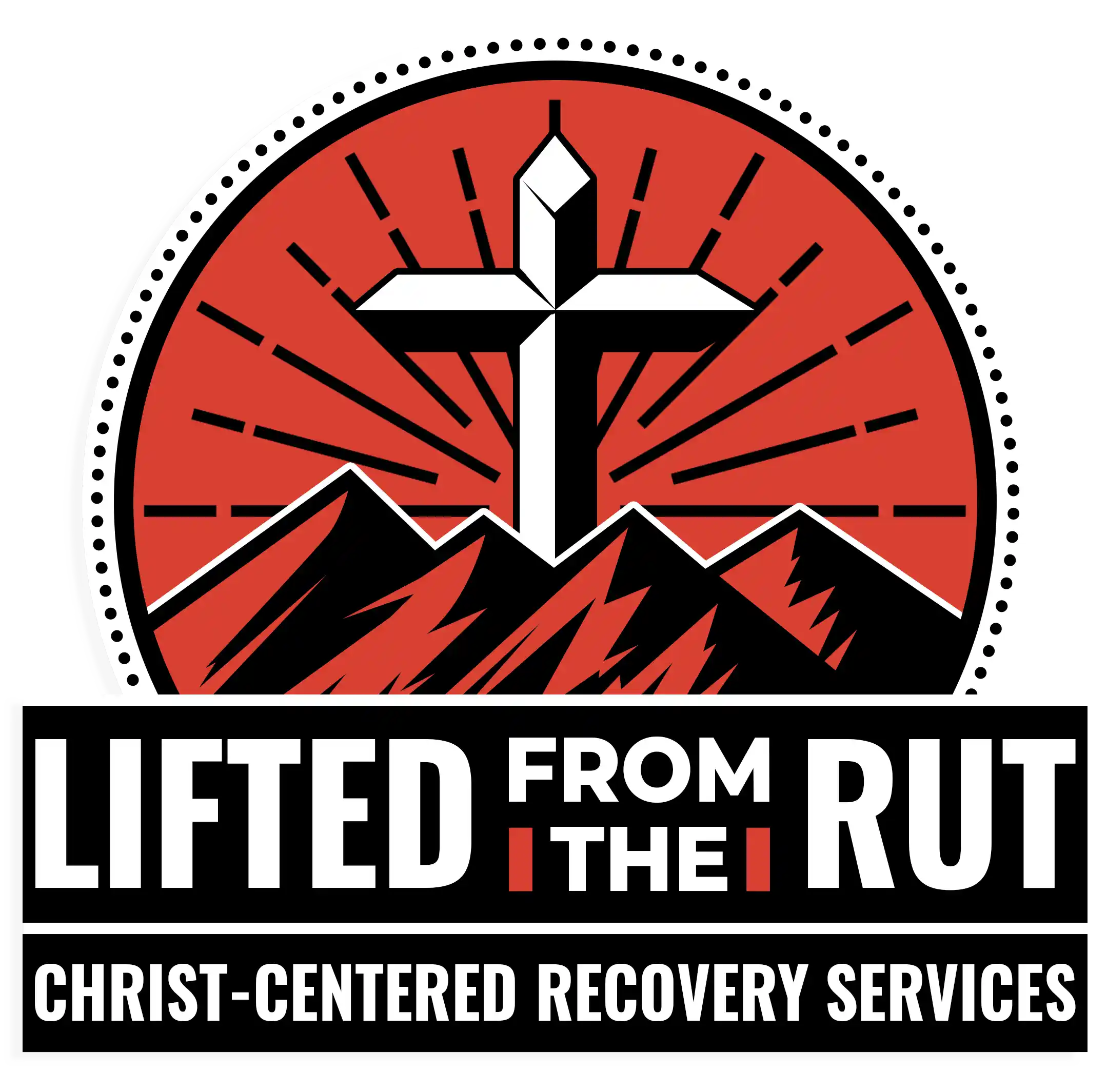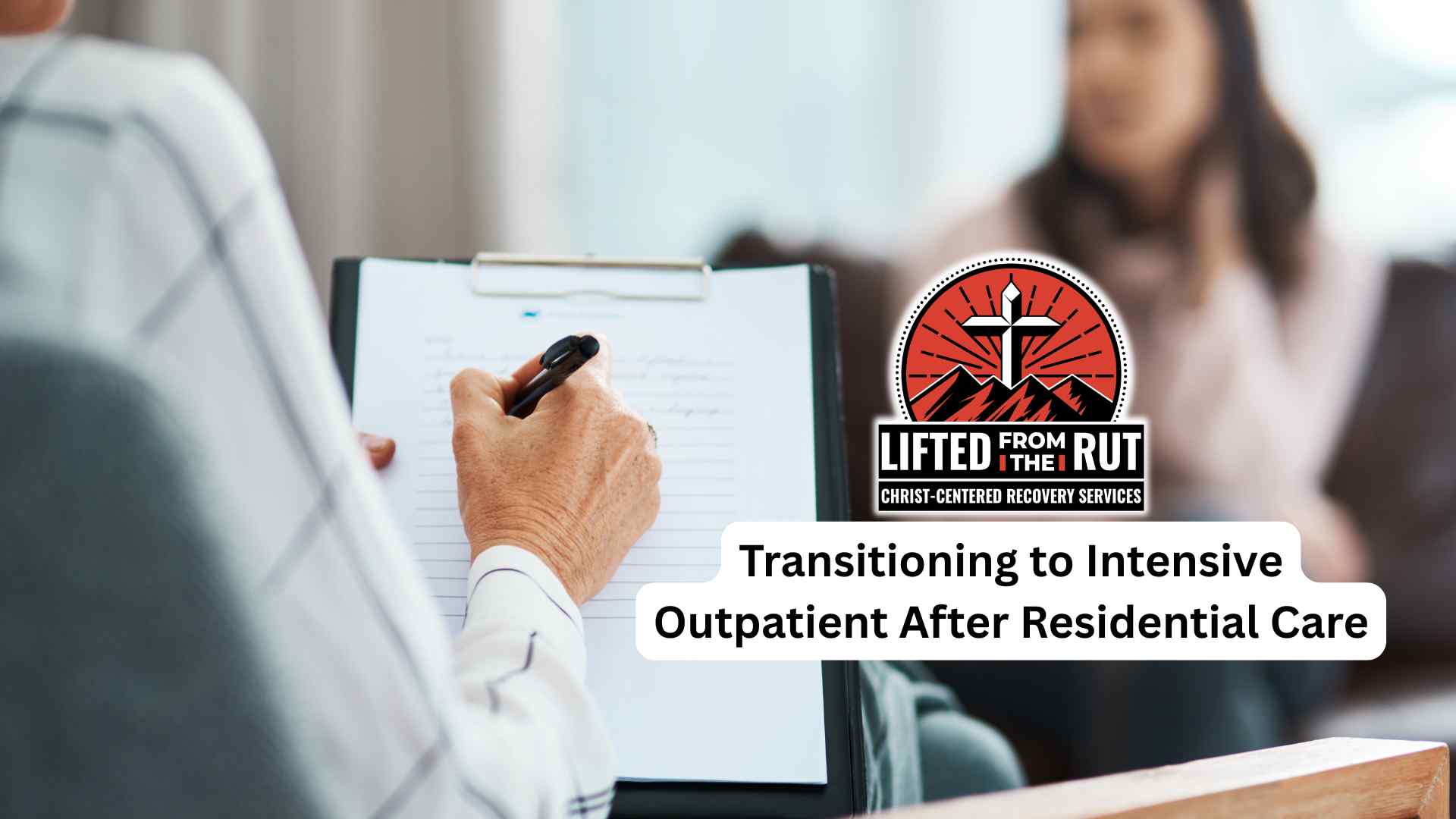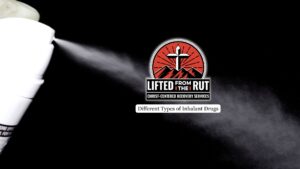Transitioning from residential care to an Intensive Outpatient Program (IOP) is a crucial step in continuing the recovery journey. This phase balances increased independence with structured support, helping individuals maintain progress while reintegrating into daily life. Faith can provide strength and perspective during this time, offering hope and resilience as individuals adjust to new responsibilities.
In this article, we explore the key elements of this part in recovery, focusing on faith-based approaches that honor spiritual growth alongside clinical treatment to foster lasting sobriety.
Understanding Residential Care vs. Intensive Outpatient Programs (IOP)
Residential care provides 24/7 medical supervision, structure, and support in a safe environment, allowing individuals to focus fully on detoxification, therapy, and spiritual restoration.
Intensive Outpatient Programs, by contrast, allow participants to live at home or in sober living while attending scheduled treatment sessions several times a week. IOP blends professional therapy with the freedom to apply recovery skills in real-world settings, continuing the journey with less supervision but ongoing spiritual and clinical support.
Preparing for the Transition
A successful transition begins with assessing readiness emotionally, mentally, and physically. Through collaboration with counselors and pastoral staff, individuals and their families establish goals that reflect both recovery progress and spiritual growth.
Planning includes identifying resources such as faith-based support groups, family involvement, and local church ministries. The involvement of prayer, scripture study, and pastoral guidance at this stage reinforces confidence and purpose as individuals prepare to embrace the responsibilities of outpatient care.
Establishing a New Routine and Structure
Creating a balanced routine is vital to maintaining recovery and spirituality during the transition. Daily schedules in IOP integrate therapy sessions, Bible study, fellowship, and self-care activities alongside work or school commitments. Spiritual disciplines remain a cornerstone, embedding prayer, worship, and meditation on scripture into daily life.
This rhythm provides a sense of stability while encouraging personal responsibility. Encouraging routines built on faith and healing supports resilience and minimizes stress as individuals adjust to the demands of greater independence.
Moving from the protective environment of residential care to more autonomous living requires developing discipline and accountability. Spiritually guided IOP programs emphasize surrender to God’s will while nurturing self-discipline through fellowship and pastoral mentorship.
Coping with Potential Challenges During Transition
The transition phase may bring feelings of uncertainty, anxiety, or temptation. Faith offers comfort and strength to face these moments, reminding individuals of God’s promises and presence. Practical coping strategies such as journaling, reading scripture, joining prayer circles, and practicing mindfulness help manage stress and emotional triggers.
Community support, both from the treatment program and the local church, creates a safety net that prevents isolation, one of the greatest relapse risks. This intentional spiritual and emotional support guards against setbacks and nurtures perseverance.
Ensuring seamless communication between residential and outpatient care providers is essential for effective treatment continuity. Faith-based centers coordinate clinical therapeutic approaches with ongoing spiritual care, including pastoral counseling schedules and group ministry opportunities.
Consistency in treatment philosophy allows for smooth transitions and reinforces earlier lessons grounded in scripture. Regular care team reviews assess progress and modifications needed, fostering growth in both recovery and spiritual journeys.

Building and Utilizing Support Systems
Family, church community, and peer groups provide encouragement, accountability, and prayer support. Christ-centered IOPs encourage active participation in 12-step ministries, Christian recovery groups, and service opportunities, fostering connection and meaning.
These networks create environments where individuals feel safe to share struggles and triumphs, reinforcing that they are not alone. Such relationships embody Christ’s love and serve as lifelines in continued healing.
Maintaining Momentum
Maintaining motivation during this period of change hinges on embracing the freedom and responsibility with hopeful commitment. Viewing this stage as a divine opportunity for growth and renewed purpose helps sustain focus.
Celebrating milestones, whether spiritual breakthroughs or sobriety anniversaries, encourages continued effort. Transitional programs rooted in spiritual practice inspire participants to fix their eyes on God’s promises, trusting that He who began a good work will bring it to completion, fueling perseverance in recovery.
Final Thoughts from LFTR Christ-Centered Rehab Services
By combining structured therapy with spiritual growth and community, this transitional phase empowers individuals to embrace independence while remaining rooted in God’s love and grace.
At LFTR Christ-Centered Rehab Services, recovery is seen as a holistic process that addresses not only the physical and emotional aspects of addiction but also the spiritual dimension. This integration of faith and clinical care fosters lasting healing, restoring hope, identity, and wholeness in the recovery journey. Through prayer, scripture, community support, and a Christ-centered approach, individuals find strength to face their struggles, transform their identity, and embrace a new purpose.





